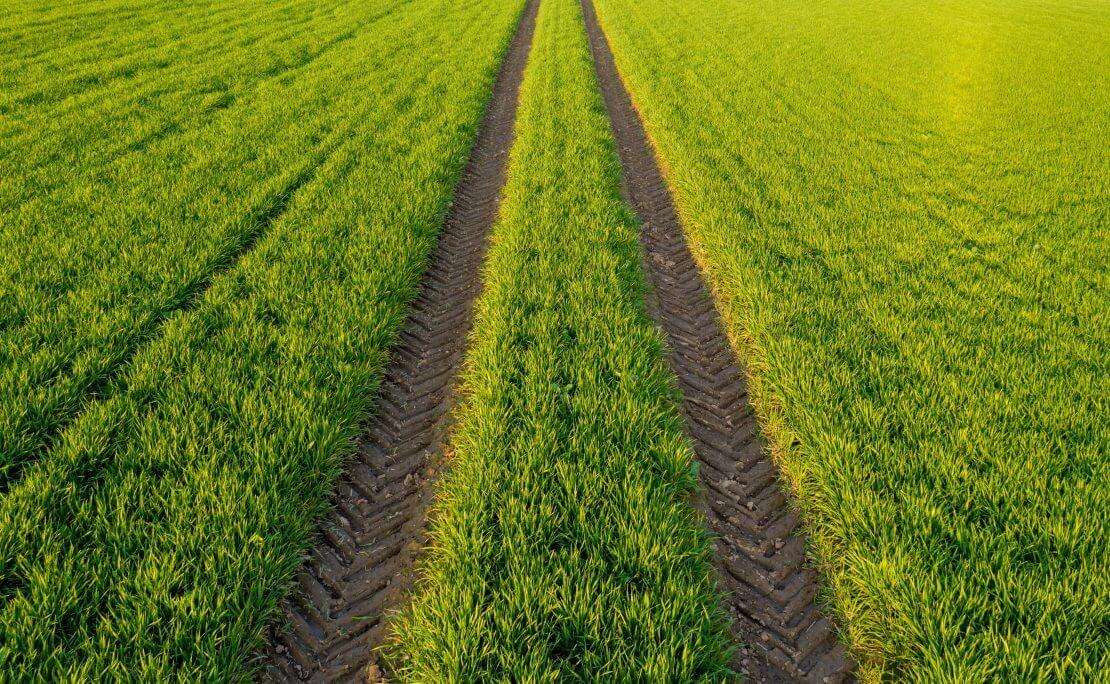ceat-speciality:blogs-tags/all,ceat-speciality:blogs-tags/technology
What’s the Outlook for Organic Farming in the Future?
Tue, 22 Aug 2023 | PRODUCTS
In recent years, organic farming has emerged as a compelling alternative to conventional agriculture, gaining popularity among environmentally conscious consumers and forward-thinking farmers. At CEAT Specialty, we recognize the significance of sustainable agriculture in shaping a greener future. Let’s delve into the promising outlook for eco farming and its pivotal role in fostering a healthier planet and a thriving agricultural sector.
Growing Consumer Demand
The future of organic agriculture is boosted by growing consumer demand for safe, nutritious, and ethically-produced food. With increased awareness of the environmental and health impacts of chemical-intensive farming practices, more consumers are opting for organic products. This surge in demand presents an exciting opportunity for organic farmers to expand their operations and reach broader markets.
Enhanced Soil Health and Biodiversity
Natural farming practices prioritize soil health and biodiversity, nurturing the ecosystem rather than depleting it. Organic farmers cultivate a thriving soil ecosystem by abstaining from synthetic fertilizers and pesticides, fostering the growth of beneficial microorganisms and earthworms. This sustainable approach enhances soil fertility and supports biodiversity, making organic farms vibrant havens for diverse flora and fauna.
Climate Resilience
Biodynamic farming has proven more resilient to climate change and extreme weather events. Organic practices enhance climate resilience by encouraging natural pest control, crop rotation, and water conservation, thereby reducing the vulnerability of agricultural systems to environmental challenges. In the future, as climate change poses increasing threats to conventional agriculture, organic farming will become an essential safeguard for food security.
Supportive Government Policies
Governments worldwide are acknowledging the significance of green farming in achieving sustainable agricultural goals. Many countries implement supportive policies and incentives for farmers to adopt organic practices. These measures include financial assistance, research funding, and streamlined certification processes, making organic farming more accessible and attractive to farmers.
Technological Advancements in Organic Farming
Innovation and technology are driving pure organic farming forward. Advancements in precision agriculture, IoT, and data analytics are optimizing organic farming practices, enabling farmers to monitor and manage their crops more efficiently. From precision irrigation systems to smart pest management solutions, these technologies enhance productivity while maintaining the principles of organic farming.
Market Opportunities and Premium Pricing
Organic produce commands premium pricing in the market due to its perceived health and environmental benefits. As the demand for organic products rises, farmers can seize attractive market opportunities and attain better price realization for their produce. The economic incentive acts as a catalyst, prompting more farmers to do organic farming and driving continuous growth within the sector.
The future of eco farming is undoubtedly bright, as it aligns harmoniously with our collective aspirations for a sustainable and healthier planet. The growing consumer awareness regarding conventional agriculture’s environmental impact and organic farming’s positive effects has provided fertile ground for organic agriculture to flourish.
At CEAT Specialty, we celebrate the vision of organic farmers who embrace nature’s wisdom in their practices. As a supporter of sustainable initiatives, we are committed to providing agricultural solutions that align with the principles of natural farming. Together, we can cultivate a greener, more resilient farm landscape and nourish healthier future generations.






















